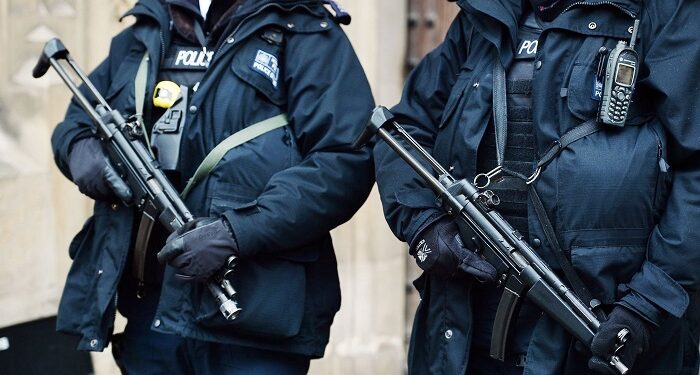In a world where security concerns loom large, the utilization of firearms for protection remains a topic of considerable debate, particularly in countries like the United Kingdom with stringent gun control laws. Understanding the nuances of armed protection services and the regulatory framework surrounding firearms is crucial for both professionals in the security industry and individuals seeking heightened security measures.
1. The Role of Firearms in UK Law Enforcement
In the UK, armed police officers represent a small fraction of the overall police force, with the majority of officers remaining unarmed during their regular duties. However, specialized firearm units exist to respond to significant incidents involving firearms. This approach reflects the country’s commitment to maintaining public safety while minimizing the regular presence of firearms in civilian contexts.
2. Limitations on Private Armed Security
Unlike some other countries, private security companies in the UK are not authorized to provide armed protection services. This means that even professionally trained bodyguards cannot legally carry firearms while on duty. Strict gun control laws prohibit the possession of firearms by the general public, emphasizing the government’s prioritization of public safety and minimizing the risk of firearm-related incidents.
3. Contrasting Armed and Unarmed Protection
The distinction between armed and unarmed protection extends beyond the presence of firearms. Unarmed private bodyguards rely on advanced training in threat assessment, conflict management, and situational awareness to ensure the safety of their clients. While they may not have the option of using firearms, their expertise lies in effectively mitigating risks and responding to potential threats without resorting to lethal force.
4. Specialized Training for Armed Protection Officers
In contrast, armed protection services in the UK are primarily provided by specialized units within law enforcement agencies, such as the Metropolitan Police’s Protection Command. Personal Protection Officers (PPOs) undergo rigorous training in firearms handling, tactical operations, and legal considerations. Their role extends beyond mere security to encompass threat assessment, contingency planning, and crisis response.
5. Debating the Future of Firearms in UK Security
The discussion surrounding the use of firearms for close protection in the UK remains contentious. While some argue for the expansion of armed security services in response to evolving security threats, others emphasize the importance of maintaining strict gun control measures to prevent misuse and reduce the risk of escalation in volatile situations.
In conclusion, navigating the landscape of armed protection in the UK requires a nuanced understanding of legal regulations, professional standards, and societal considerations. While the debate continues, individuals and organizations seeking enhanced security measures must prioritize compliance with existing laws while exploring alternative strategies for mitigating risks and ensuring safety.
Based on advice from AMG Security experts

















